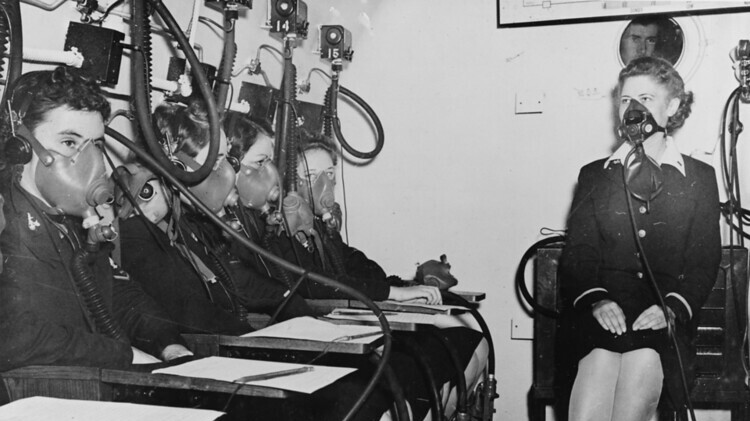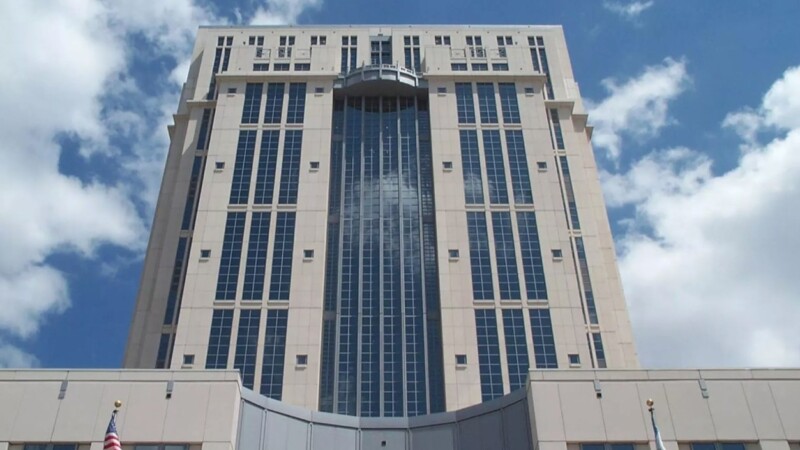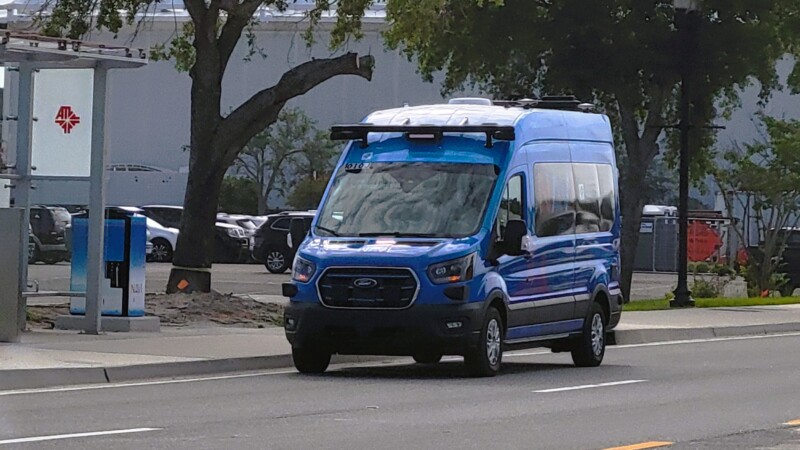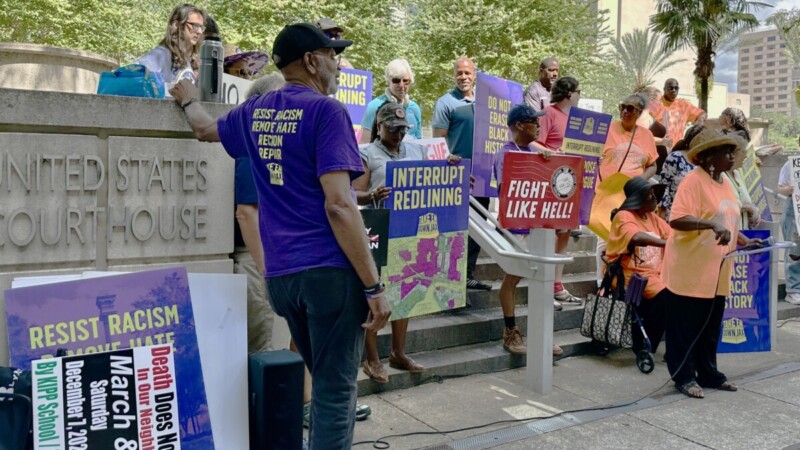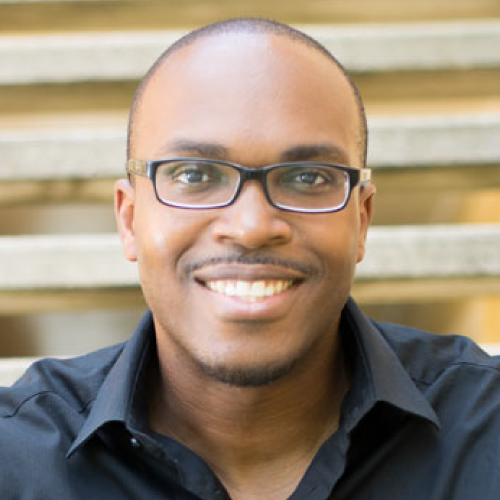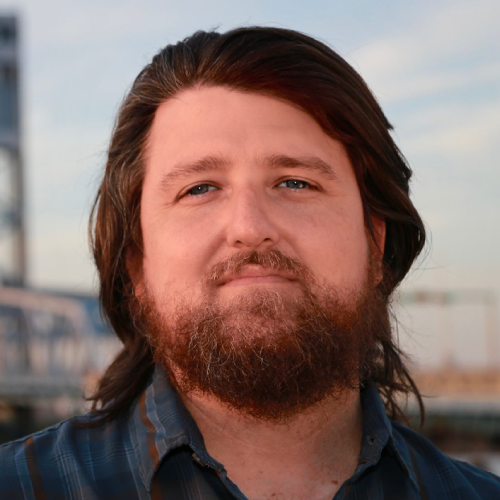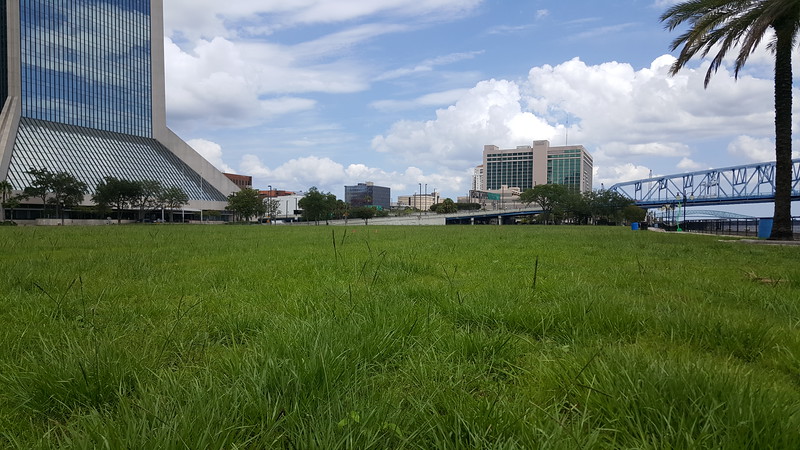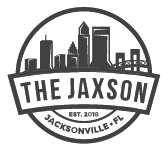
In honor of Women’s History Month, here are a few sites and stories associated with women who transformed our community and nation.
May Mann Jennings

Known as the “Mother of Florida Forestry,” May Mann Jennings was one of the most influential people in Florida during the 20th century. After being the First Lady of Florida from 1901 to 1905, Jennings moved to Jacksonville, where she resided with her husband, William Sherman Jennings, in Springfield.
Here, she founded the League of Women Voters of Florida and was the first president of the Florida Federation of Women’s Clubs. In 1919, she played a leading role in attempting to keep the city of Jacksonville from turning Main Street’s tree-lined promenade into a highway. Ultimately, Jennings lost this fight, but the defeat led to her fighting harder for preservation initiatives across the state, including the establishment of Royal Palm State Park, which was later incorporated into Everglades National Park.
Charlotte Scott Anderson

Born into slavery in 1840 in Savannah, Charlotte Scott Anderson Lewis established a home-based laundry enterprise after arriving in Jacksonville following the end of the Civil War. She would go on to become a significant landowner, acquiring more than 40 houses and commercial properties throughout the Eastside neighborhood. Later in life, she married the father of A.L. Lewis, the longtime president of the Afro-American Life Insurance Company, founder of Amelia Island’s American Beach and one of Florida’s first Black millionaires. The building at 965 A. Philip Randolph Blvd. is a lasting legacy of her influence. From 1909 until his death in 1960, this commercial property was operated as a department store by her son, Richard Anderson. Another son, Charles Anderson, established one of the first Black-owned banks in Jacksonville at the intersection of Broad and West Duval streets.
Olive Smith’s Avondale Guest House

Built in 1924, Sugar Hill’s “Avondale” Guest House was originally occupied by Clarence and Olive Smith. Clarence was a Pullman porter. Exclusively Black dating back to emancipation, Pullman porters were hired to work on sleeping passenger railroad cars. Pullman porters were widely credited with contributing to the development of the Black middle class in America during segregation.
During the 1950s and 60s, Olive operated the residence as an upscale guest house for visiting African Americans who wanted a more personalized experience in town. According to Jacksonville’s Architectural Heritage, famed guests included Duke Ellington, Billie Eckstine, and leaders of the civil rights movement. While much of Sugar Hill was lost to urban renewal, a few neighborhood treasures like the Avondale Guest House still survive.
Dr. Julia Walker-Brown

In 1916, Dr. Julia Walker-Brown established the Walkers Commercial and Vocational College with her first husband, Richard Walker, in LaVilla. The school focused as a transitional bridge for veterans returning to civilian life. Also catering to the local community, Dr. Walker-Brown’s school offered courses in bookkeeping, accounting, insurance, office machines and secretarial training.
Dr. Walker-Brown also offered a trade division at her college, with courses in dressmaking, tailoring and upholstering. In 1950, the college relocated to Durkeeville. There, the school survived until 1970. A few commercial buildings on Myrtle Avenue that once were a part of the college’s Durkeeville campus still remain today.
Women Accepted for Volunteer Emergency Service (WAVES)

The Women Accepted for Volunteer Emergency Service program was born in July 1942, seven months after the United States entered World War II. Needing to staff the country’s onshore bases as more and more men were called away to sea duty, the U.S. Navy followed the lead of various homefront industries and opened its doors to women. The WAVES had a status in the Navy comparable to male personnel and performed a wide array of duties including clerical work, codebreaking, healthcare, pilot training and working on airplanes. By the end of the war, more than 86,000 women had served in the WAVES.
One of the largest Naval Air Stations in the world, NAS Jacksonville was a significant destination for WAVES. Many served as administrators and clerks, while others repaired and overhauled planes as metalsmiths and aviation machinist’s mates. Others trained air crews, a job that required intensive training of its own. In all positions, the WAVES were instrumental to the functioning of the base and to the Allied war effort in general.
The WAVES blazed a trail for later women in the U.S. armed forces. The success of the WAVES and other female units inspired Congress in 1948 to pass the Women’s Armed Services Integration Act, enabling women to serve in all military branches. And locally, the WAVES helped establish Jacksonville’s position as a major Navy city.
To learn more women’s history stories unique to Jacksonville, join The Jaxson’s Kelsi Hasden, Ennis Davis, Bill Delaney and Mike Field on Saturday, March 25th, for a guided Women’s History Month-themed walking tour of Historic Springfield.
Contact Ennis at edavis@moderncities.com. Contact Bill at bdelaney@moderncities.com.


